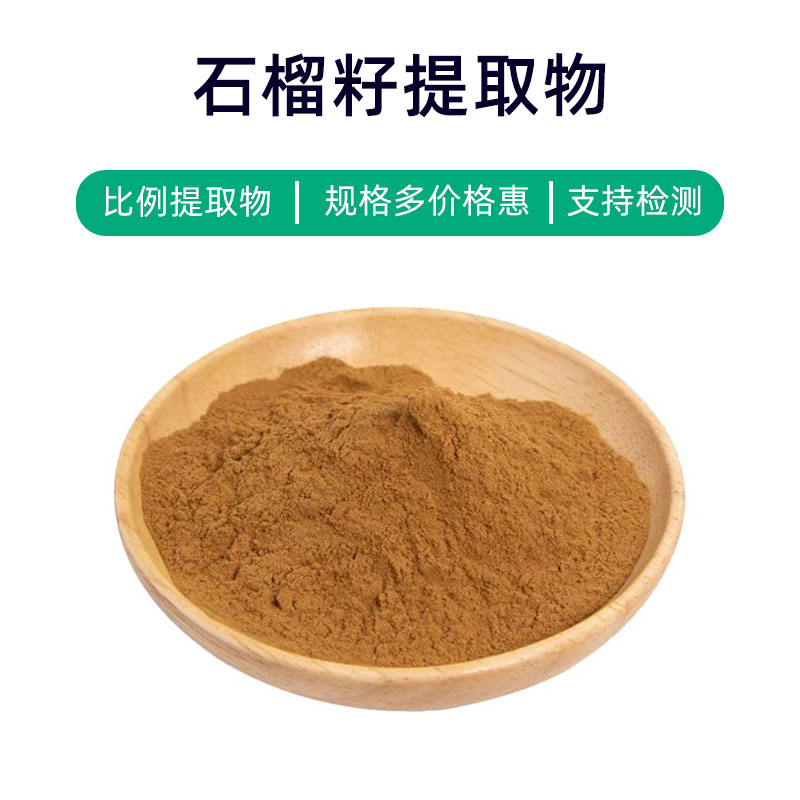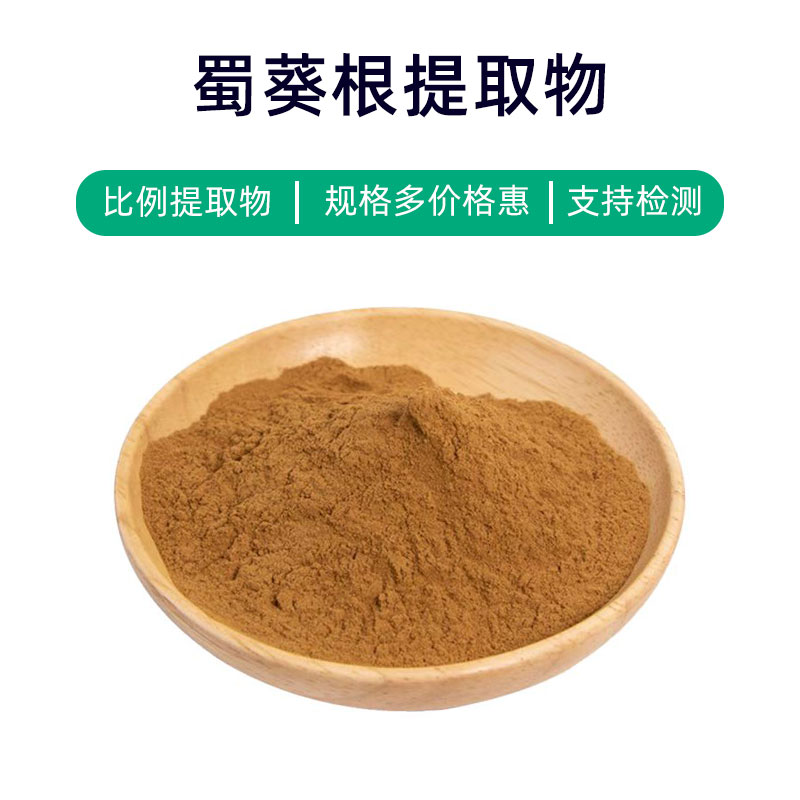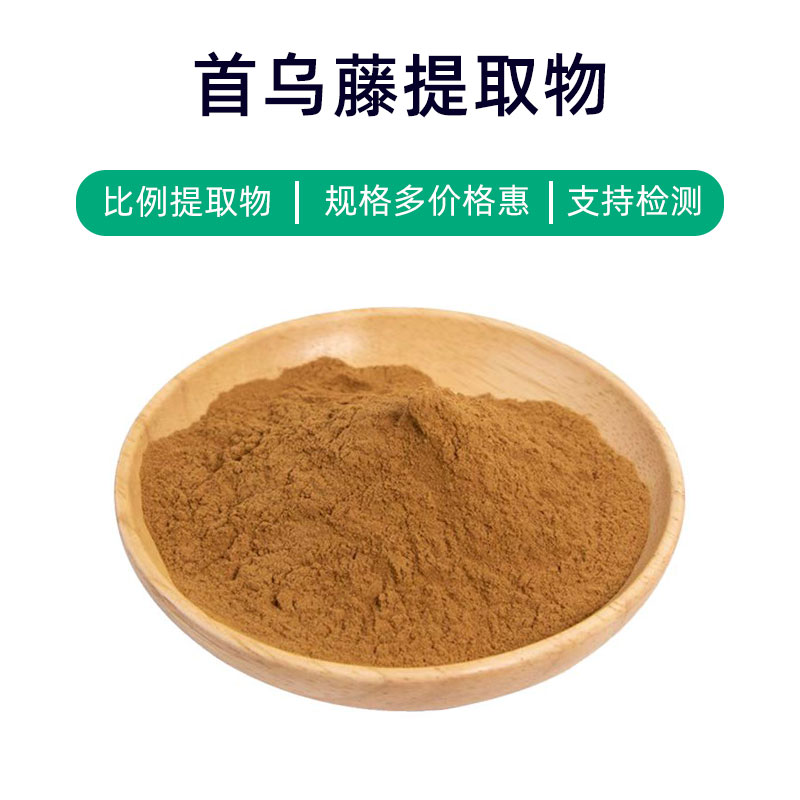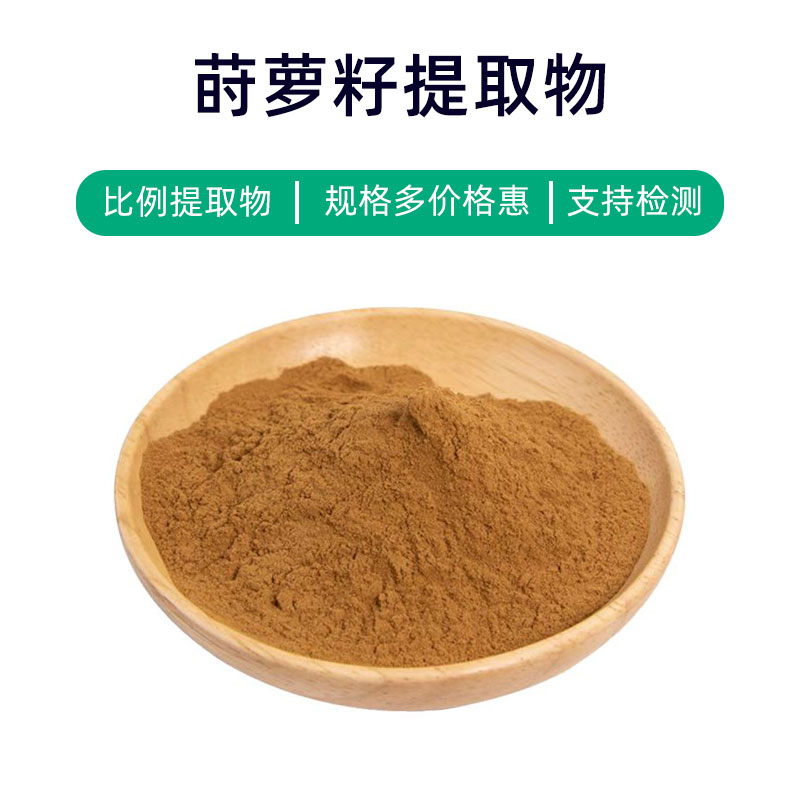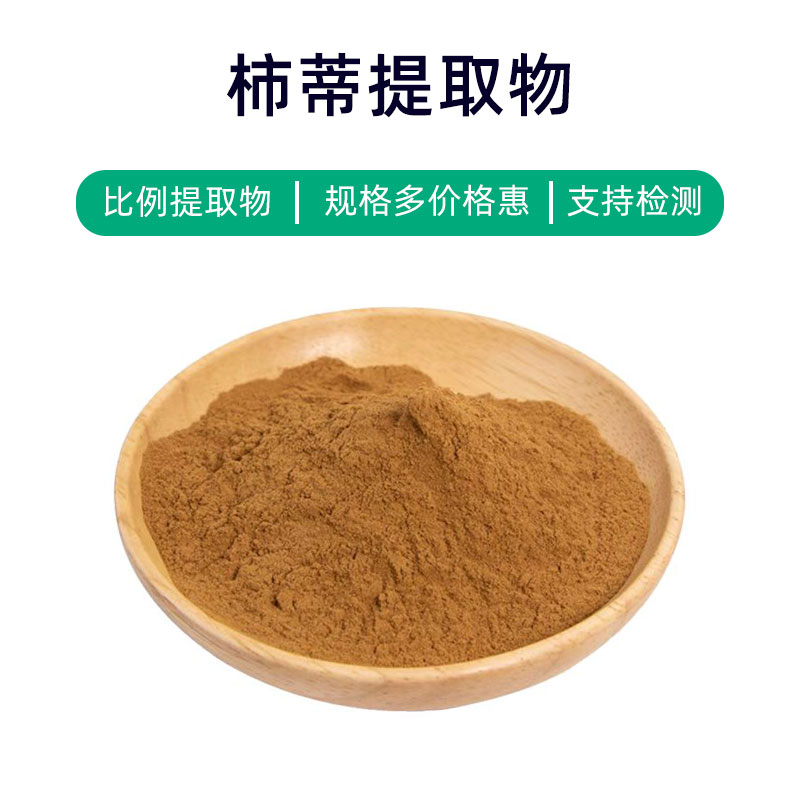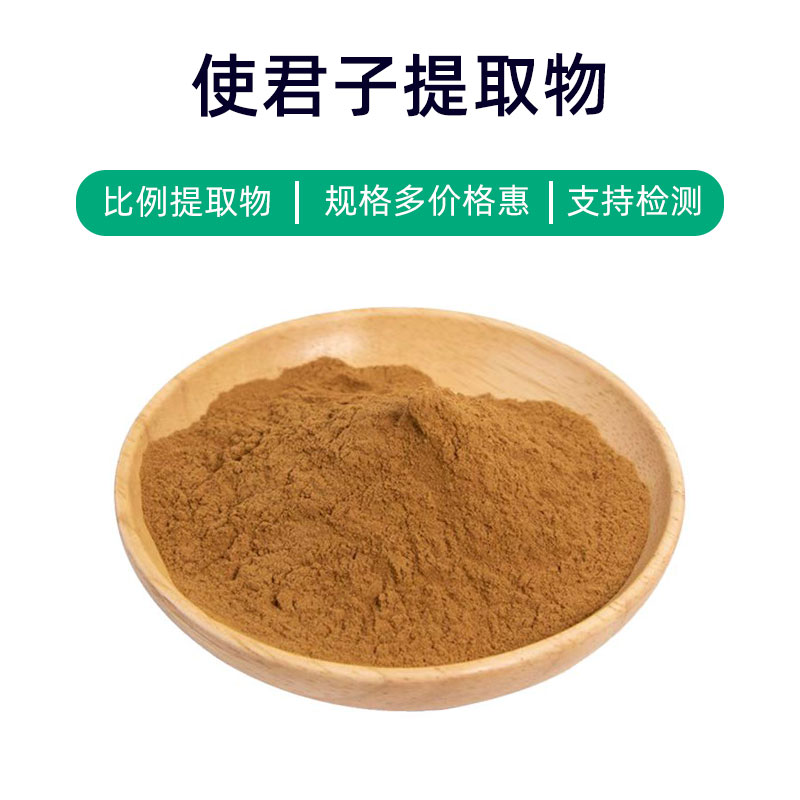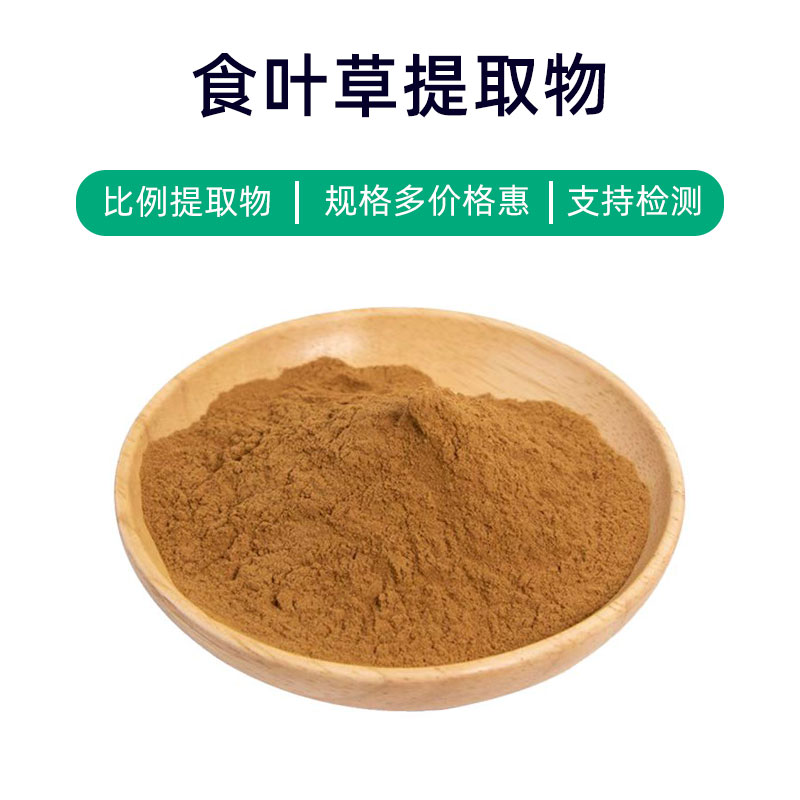Pomegranate Seed Extract Product Introduction
Pomegranate seed extract is a natural plant extract derived from the seeds of the pomegranate fruit. Its main components include punicalagins, anthocyanins, flavonoids, and vitamin C. These components endow pomegranate seed extract with multiple benefits and wide applications.
Firstly, pomegranate seed extract is rich in antioxidants, capable of neutralizing free radicals in the body, slowing down cellular oxidative damage, and helping to prevent aging while enhancing skin radiance. Its anti-inflammatory properties are also widely recognized, assisting in alleviating inflammatory responses and protecting cells from inflammatory damage.
Additionally, pomegranate seed extract is beneficial for cardiovascular health, potentially lowering cholesterol and blood pressure, improving blood circulation, and preventing atherosclerosis and cardiovascular diseases. It also has antibacterial and antiviral properties, aiding in boosting immunity and preventing infectious diseases.
In terms of applications, pomegranate seed extract is extensively used in pharmaceuticals, food, and cosmetics industries. In pharmaceuticals, it is often used to prepare supplements and medications, such as antioxidant supplements and cardiovascular drugs. In the food industry, it serves as a natural colorant and nutritional supplement added to various foods like juices, beverages, and candies. In cosmetics, pomegranate seed extract is commonly found in skincare products, anti-aging products, and sunscreens to improve skin texture, reduce wrinkles, and enhance sun protection.
Overall, as a natural plant extract, pomegranate seed extract has various benefits and promising applications, providing important raw material resources for the pharmaceutical, food, and cosmetic industries.
Pomegranate Seed Extract Production Process
The production process of pomegranate seed extract typically includes the following steps:
- Harvesting Pomegranate Seeds: First, mature pomegranates are harvested, cut open, and the seeds are extracted.
- Washing and Processing: The harvested seeds are washed to remove impurities and dirt. A heat treatment or other appropriate processing method is then applied to ensure product quality and safety.
- Extraction: The cleaned pomegranate seeds are placed in extraction equipment, using suitable solvents (such as ethanol or water) for extraction. The time and temperature for extraction are determined based on specific processes to fully extract effective components from the seeds.
- Filtration and Concentration: The extract solution is filtered to remove solid particles and impurities. Appropriate methods (such as evaporative concentration) are then used to concentrate the extract solution, obtaining a high-concentration pomegranate seed extract.
- Refinement and Purification: Further refining and purification of the concentrated extract are performed to remove unwanted components and enhance product purity and quality.
- Drying and Milling: The refined pomegranate seed extract undergoes drying to remove moisture and improve stability, followed by milling to achieve the desired granularity and particle size.
- Packaging and Storage: Finally, the processed pomegranate seed extract is packaged, typically in sealed containers to prevent oxidation and moisture. It should be stored in a dry, cool, and light-protected environment to ensure product quality and stability.
Through these production process steps, high-quality and high-purity pomegranate seed extract can be obtained for use in pharmaceuticals, food, and cosmetics.
Effects and Side Effects of Pomegranate Seed Extract
Pomegranate seed extract is a natural plant extract rich in various nutrients and bioactive compounds, offering a range of benefits and effects, mainly including the following aspects:
- Antioxidant Effects: Pomegranate seed extract is abundant in flavonoids and polyphenolic compounds, effectively scavenging free radicals, slowing oxidative reactions, protecting cells from oxidative damage, helping delay aging, and improving skin texture.
- Cardiovascular Health Improvement: Components like anthocyanins and plant sterols in pomegranate seed extract help lower cholesterol levels, regulate lipid metabolism, and reduce oxidative damage to blood vessel walls, thus protecting cardiovascular health and reducing the risk of cardiovascular diseases.
- Immune Boosting: Pomegranate seed extract contains rich vitamin C, vitamin E, and other nutrients that can enhance the body's immune function, improving resistance to infections and diseases.
- Anti-Inflammatory Effects: The anthocyanins and polyphenolic compounds in pomegranate seed extract have significant anti-inflammatory properties, capable of inhibiting the occurrence and development of inflammatory responses. They may help alleviate symptoms of conditions like rheumatoid arthritis and inflammatory bowel disease.
- Digestive Health Promotion: Pomegranate seed extract is rich in dietary fiber and tannins, promoting intestinal motility, increasing stool bulk, relieving constipation, and maintaining intestinal health.
Despite the many benefits, potential side effects should be noted during use, such as allergic reactions in some individuals to certain components; excessive intake may also lead to digestive issues like discomfort or diarrhea. It is advisable to consult a physician or nutritionist for guidance before use and to follow recommended dosages for safety and effectiveness.
Pomegranate Seed Extract Application Scenarios, Dosage and Usage
Pomegranate seed extract has broad applications in the pharmaceutical, food, and cosmetics sectors. Below are its application scenarios and dosage recommendations in different fields:
- Pharmaceuticals:
- Antioxidant Therapy: The anthocyanins and polyphenolic compounds in pomegranate seed extract have strong antioxidant effects and can be used for prevention and adjunctive treatment of various chronic diseases.
- Cardiovascular Protection: Adequate intake of pomegranate seed extract can lower blood lipids and blood pressure, preventing cardiovascular and cerebrovascular diseases. A general recommendation is daily consumption of 100-200 mg of pomegranate seed extract.
- Immune Regulation: Rich in vitamin C, vitamin E, and other nutrients, pomegranate seed extract can enhance immunity and prevent colds. Recommended daily intake is 100-200 mg.
- Digestive Health: The dietary fiber in pomegranate seed extract helps promote intestinal motility, preventing constipation and intestinal diseases. Suggested daily intake is 10-20 grams.
- Food Industry:
- Nutritional Supplements: Pomegranate seed extract can be processed into oral capsules, granules, etc., as nutritional supplements, with a recommended daily intake of 100-200 mg.
- Beverage Additive: Pomegranate seed extract can be used in producing juices and tea drinks, enriching the products with nutrition and flavor.
- Cosmetics:
- Skincare Products: Pomegranate seed extract offers antioxidant, moisturizing, and anti-aging benefits, useful in formulating facial serums and creams. A typical recommended usage amount is 2-5%.
- Sunscreen Products: The anthocyanins in pomegranate seed extract possess some UV absorption capability, suitable for use in formulating sunscreens.
In summary, pomegranate seed extract can be used as a dietary supplement and adjunctive treatment in pharmaceuticals, with suggested dosages following medical advice; in food applications as a nutritional supplement and food additive, with levels determined by product formulation; and in cosmetics as a raw material for skincare and sunscreen products, with usage levels guided by formulation and application context.
Pomegranate Plant Overview: Source, Distribution, and Growing Environment
Pomegranate (scientific name: Punica granatum) is an ancient fruit tree, and its seeds are the main source of pomegranate seed extract. Below is detailed information on the source plant introduction, distribution, and growing environment of pomegranate.
Source Plant Overview:
Pomegranate is a deciduous shrub or small tree belonging to the family Lythraceae. It typically grows to be 3 to 6 meters tall, with some species reaching greater heights. The bark is brown, and its leaves are long, pointed, and dark green. Pomegranate flowers are beautiful, usually orange-red or bright red, sometimes with yellow or white spots.
Distribution:
Pomegranates are native to regions of Iran and Afghanistan and were indigenous to ancient Mesopotamia. Today, they have been widely introduced to warm regions around the world, including the Mediterranean coast, the Middle East, the Indian subcontinent, China, South Africa, Australia, and California in the United States.
Growing Environment:
Pomegranates thrive in warm, dry climates and are not well-suited for cold climates or prolonged cold weather. They grow best in warm areas with ample sunlight, with a suitable temperature range of 15°C to 32°C. Pomegranate trees have minimal soil requirements, capable of flourishing in sandy, clayey, or loamy soils, though well-drained soils are preferable. During the growing season, pomegranate trees require sufficient sunlight and moderate moisture but have a strong tolerance for drought.
Pomegranate trees typically flower and bear fruit in the spring and summer, and the fruits are harvested when mature. Pomegranate seed extract is usually obtained from mature pomegranate fruits, following appropriate processing and extraction methods.
In summary, the pomegranate tree is a plant that grows well in warm, dry climates, and its fruit provides abundant seeds for extracting pomegranate seed extract, widely used in pharmaceuticals, food, and cosmetics sectors.
Pomegranate Seed Extract Processing and Storage
The processing of pomegranate seed extract generally involves the following steps: first, harvesting mature pomegranate fruits, then cutting open the fruits and extracting the seeds. Next, the seeds are usually washed, dried, and ground to remove impurities and obtain a pure extract. Finally, the extract may undergo infusion, solvent extraction, or other extraction methods to yield the final pomegranate seed extract.
For storage, pomegranate seed extract should be kept in a dry, cool place, away from direct sunlight and high temperatures to prevent moisture absorption or deterioration. It is generally recommended to store the extract in sealed containers to prevent exposure to air, thereby extending its shelf life. Proper storage methods can ensure the quality and efficacy of the pomegranate seed extract are maintained.
Monica Sun is a seasoned expert in the plant extraction industry with over a decade of experience in research and production. She specializes in the extraction and purification of plant active ingredients, focusing on driving innovation in natural product applications. Monica has participated in the development of multiple functional plant extracts, delivering high-value natural raw material solutions for the health food, pharmaceutical, and dietary supplement sectors.

